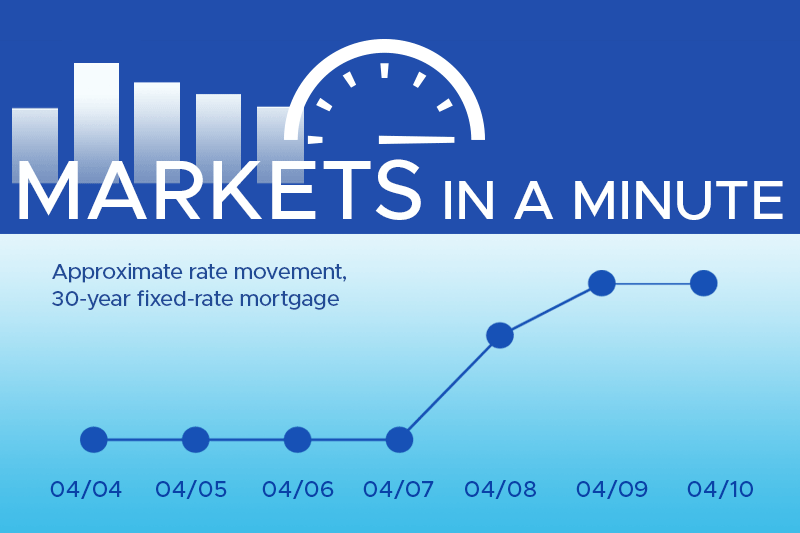At Thompson Kane, we stay ahead of shifting market trends so you don’t have to.…
Essential Documents Needed for a Mortgage: Your Complete Checklist
Applying for a mortgage can seem like a daunting process, especially when it comes to gathering all the necessary documentation. To help you navigate this journey, we’ve compiled a comprehensive list of the documents needed for a mortgage application. The list is organized by the stages of the mortgage application process to help you prioritize what to do first. Let’s dive in!

Stage 1: Documents Needed for a Mortgage Pre-Approval
The pre-approval stage is your first step in the mortgage process. Having these documents ready can speed up your application. In a competitive seller’s market, pre-approval is a must:
- Proof of Identity: Government-issued photo ID (driver’s license or passport)
- Social Security Number: Your social security card or a document showing your SSN
- Proof of Income:
- Pay stubs for the last 30 days
- W-2 forms for the last two years
- Federal tax returns for the last two years (all pages and schedules)
- Employment Verification: Name and contact information of current employer(s)
- Bank Statements: Last two months of statements for all accounts
- Investment Account Statements: Most recent quarterly statements
- Preliminary Assets List: Rough estimate of your assets’ value
Tip: If you’re self-employed, you may need to provide additional documentation, such as profit and loss statements or business tax returns.
Stage 2: Full Mortgage Application
Once you’ve found a home and your offer is accepted, you’ll move to the full mortgage application. You may need to update some pre-approval documents and provide additional ones:
- Purchase Agreement: Signed contract for the home you’re buying
- Property Details: Address and property tax information
- Homeowners Insurance: Proof of insurance or a quote
- Gift Letters: If you’re receiving financial gifts for your down payment
- Rental History: Name and contact information for landlords (past 2 years)
- Divorce Decree or Separation Agreement: If applicable
- Bankruptcy or Foreclosure Documents: If applicable
Stage 3: Underwriting Process
During underwriting, the lender may request additional or updated documentation:
- Updated Pay Stubs and Bank Statements: Covering the period since pre-approval
- Letter of Explanation: For any unusual deposits or withdrawals in your accounts
- Source of Down Payment: Documentation showing where your down payment funds originated
- Debt Obligations: Information on alimony, child support, or other ongoing debts
- Veteran’s Affairs Certificate: For VA loans
Stage 4: Final Approval and Closing
As you approach closing, you may need to provide:
- Proof of Homeowners Insurance: If not provided earlier
- Final Income and Asset Verification: Updated pay stubs and bank statements
Tips and Alternatives:
- Digital documents are easy to upload using our mortgage application app. Your loan officer will guide you through the simple process of setting up the Thompson Kane app.
- If you don’t have traditional credit: Your loan officer may be able to help you assemble an alternative credit history to qualify your loan (e.g., with rent payments, utility bills, etc.).
- For self-employed individuals: A profit and Loss statement can sometimes substitute for recent tax returns.
- If you lack a traditional employment history: Your loan officer may be able to help you qualify by compiling a combination of documents that compensate for a brief employment history. These might include proof of alternative qualifying income sources, a high credit score, education records, and explanations of employment gaps.
Other ways you might overcome hurdles to qualification may include:
- Making a larger down payment
- Adding a co-signer or co-borrower
- Qualifying for a government-backed loan program
- Accepting less favorable loan terms
Note: This is a general guide to help you prepare for the mortgage application process. Your Thompson Kane loan officer will provide a comprehensive list of the documents needed for your mortgage application early in the process. Be thorough and accurate to minimize the possibility of your financing falling through when you’re ready to close on your new home.
By preparing these documents in advance, you can significantly streamline your mortgage application process. Keep your documents organized and easily accessible, and don’t hesitate to ask your lender if you’re unsure about any requirements. With proper preparation, you’ll be well on your way to homeownership!




